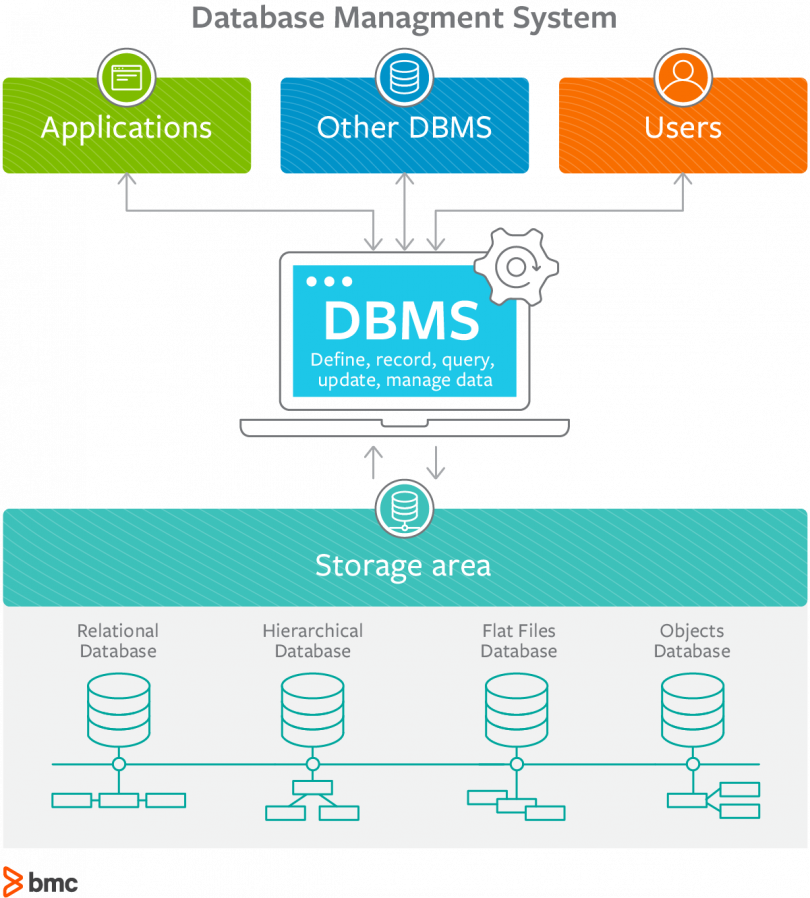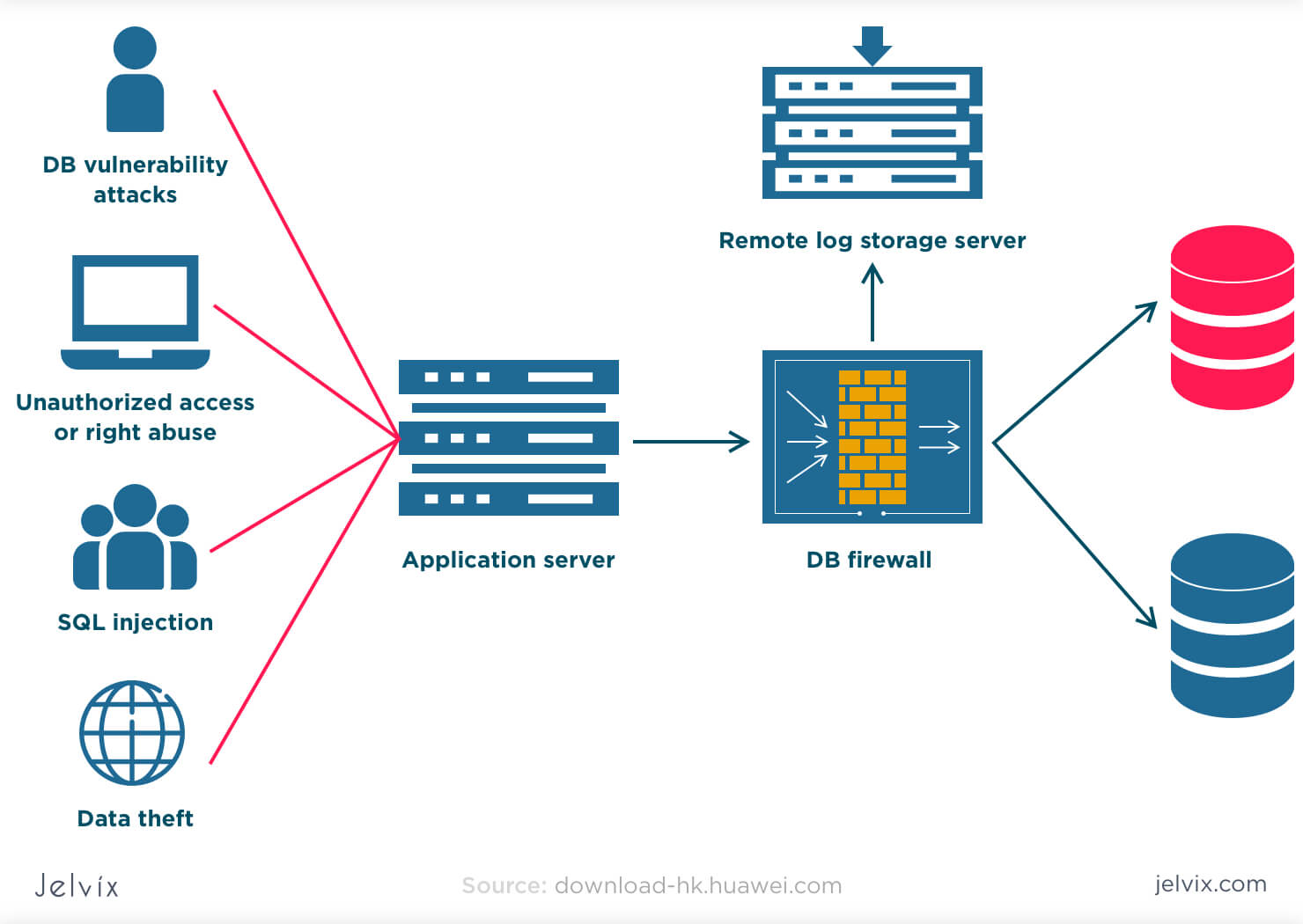Title: Exploring the Benefits of Database Management in Science and Technology
Meta Description: Discover the significance of efficient database management in the fields of science and technology, and how it enhances research, data analysis, and innovation. Learn about the advantages and best practices for optimizing database management strategies.
Introduction:
In the dynamic domains of science and technology, data plays a pivotal role in driving discoveries, innovation, and problem-solving. Managing and organizing vast amounts of information is essential to enhance research efficiency and gain valuable insights. This is where effective database management comes into play. In this blog post, we will delve into the immense benefits of proficient database management techniques in the realms of science and technology, discussing how it optimizes research, analysis, and overall progress.
1. Accelerated Research:
A well-structured database optimizes the research process, enabling scientists and researchers to find relevant information quickly and efficiently. With well-indexed and searchable databases, researchers can access previous studies, experiments, and reports, accelerating the progress of their own work. A centralized and easily accessible database also facilitates collaboration among researchers, promoting knowledge sharing and collaboration on projects.
2. Enhanced Data Analysis:
Advanced data analysis techniques, such as machine learning and artificial intelligence, heavily rely on high-quality data. Proper database management ensures data integrity, consistency, and security, making it easier to analyze and extract insights. Reliable data sources and organized datasets enable more accurate data-driven decisions, leading to breakthroughs and advancements in science and technology.
3. Streamlined Innovation:
Innovation often stems from connecting seemingly unrelated points of knowledge. With an organized database, researchers can explore existing data and identify patterns, relationships, and potential areas of exploration. Efficient database management allows for effective cross-referencing of information, helping researchers discover new avenues for innovation and invention.
4. Long-Term Data Preservation:
In science and technology, historical data is vital for cross-referencing, re-evaluation, and the validation of new findings. Proper database management includes establishing data archiving practices that ensure the long-term preservation of valuable information. It safeguards valuable data from loss or corruption, providing a solid foundation for future scientific endeavors and avoiding unnecessary replication of past research.
5. Compliance with Regulations:
In an increasingly regulated environment, scientific and technological advancements often face stringent confidentiality and privacy regulations. Effective database management helps adhere to these compliance requirements by implementing robust data protection measures. Ensuring the security and privacy of sensitive data not only helps avoid legal repercussions but also fosters trust among research participants and stakeholders.
Best Practices for Optimizing Database Management:
1. Design a scalable database architecture that can handle growing volumes of data.
2. Employ proper data governance practices, including data quality control and documentation.
3. Regularly back up the database to prevent data loss in case of technical failures or disasters.
4. Implement robust security measures, including encryption, access controls, and vulnerability assessments.
5. Regularly review and maintain database performance to ensure optimal efficiency and speed.
Conclusion:
Efficient database management is a game-changer in the fields of science and technology. It empowers researchers to explore new frontiers, collaborate effectively, and make data-driven decisions. With streamlined research processes, enhanced analysis capabilities, and improved innovation potential, organizations and researchers can leverage the power of databases to drive progress and unlock breakthroughs in science and technology. By adhering to best practices, safeguarding data integrity, and complying with regulations, we can harness the full potential of database management to shape the future of these exciting fields.
Remember, excellence in database management is not only vital for individual research progress but for the collective advancement of science and technology as a whole. So, let’s embrace the benefits of efficient database management and embark on a journey of discovery and innovation.











